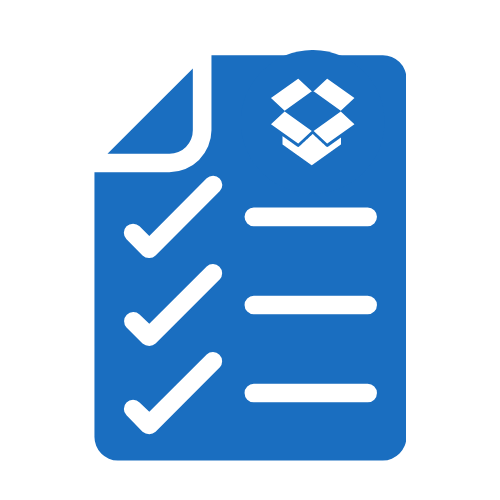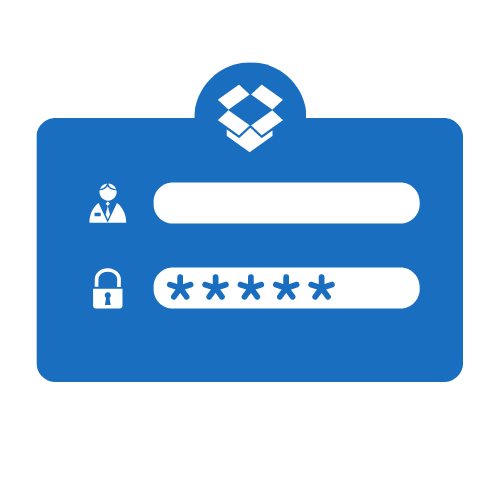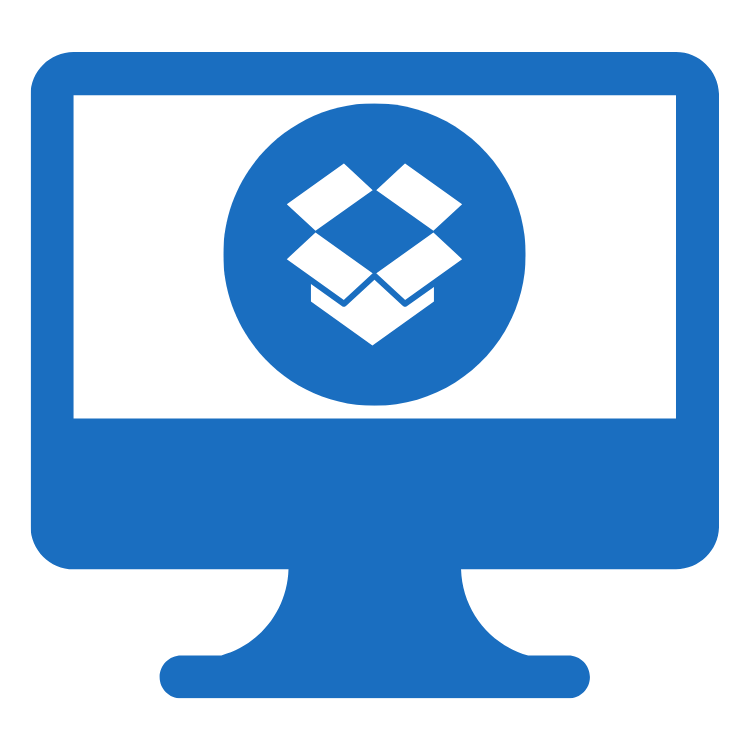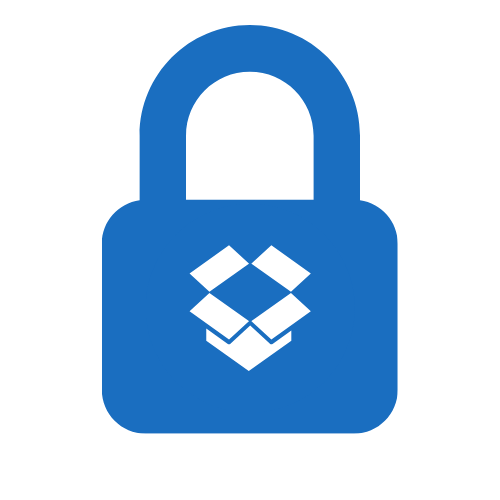Overview
Dropbox is a secure, cloud-based storage option for storing all types of files and collaborating with colleagues inside and outside U-M. All active Michigan Medicine faculty, staff, and students can access U-M Dropbox.
Related Information
 Features
Features
U-M Dropbox includes all the core features you expect, with advanced security and productivity tools. Refer to the U-M Dropbox Features & Benefits page for more information.
 Accessing Dropbox
Accessing Dropbox
- To create an account or access U-M Dropbox, visit the Getting Started with U-M Dropbox page.
- Download the Dropbox desktop application
 General Technical Questions
General Technical Questions
- For general questions about how Dropbox works, refer to the Dropbox Help Center.
- For specific technical questions related to U-M Dropbox, refer to the U-M Dropbox site or ITS Knowledge Base.
 Sensitive Data with Dropbox
Sensitive Data with Dropbox
Refer to the ITS Sensitive Data Guide for more information on storing sensitive data in U-M Dropbox.
As a best practice, you should use a Dropbox Team Folder when sharing and storing sensitive data in Dropbox. Refer to Team Folders in U-M Dropbox for more information.
- Social Security Numbers (SSNs)
- Dropbox is approved for storage of Social Security Numbers (SSNs), so long as the following instructions are followed:
- You must have a valid business reason to use SSN. If you are just using it as an ID number, you will need to use another identifier instead. Tracking payments to research participants is one example of a valid business reason because IRB rules require it.
- Use a Dropbox Team Folder instead of your personal drive.
- Ensure only team members who have a specific need to view the SSN have access to the files.
- Do not turn on Dropbox Selective Sync for that folder so that the files with SSN do not sync to the local desktops of users who have access.
- Make sure you do not turn on any unauthenticated links.
- If you want to collect files from multiple individuals, set up a Dropbox File Request that allows others to send files to the folder but not view anything else in the folder.
- Ensure that you delete the files as soon as possible once the data is placed into official U-M systems and/or no longer needed in Dropbox.
- Dropbox is approved for storage of Social Security Numbers (SSNs), so long as the following instructions are followed:
- Electronic Protected Health Information (ePHI)
- Dropbox is approved for storage of ePHI.
- ePHI stored in Dropbox may be edited using the Michigan Medicine Microsoft 365 online integrations (Word for the web, Excel for the web, etc.).
- PHI may not be stored in the U-M ITS Microsoft 365 domain, even though these integrations are available in Dropbox.
- Restricted data
- Data classified as Restricted may not be maintained or shared in Dropbox.